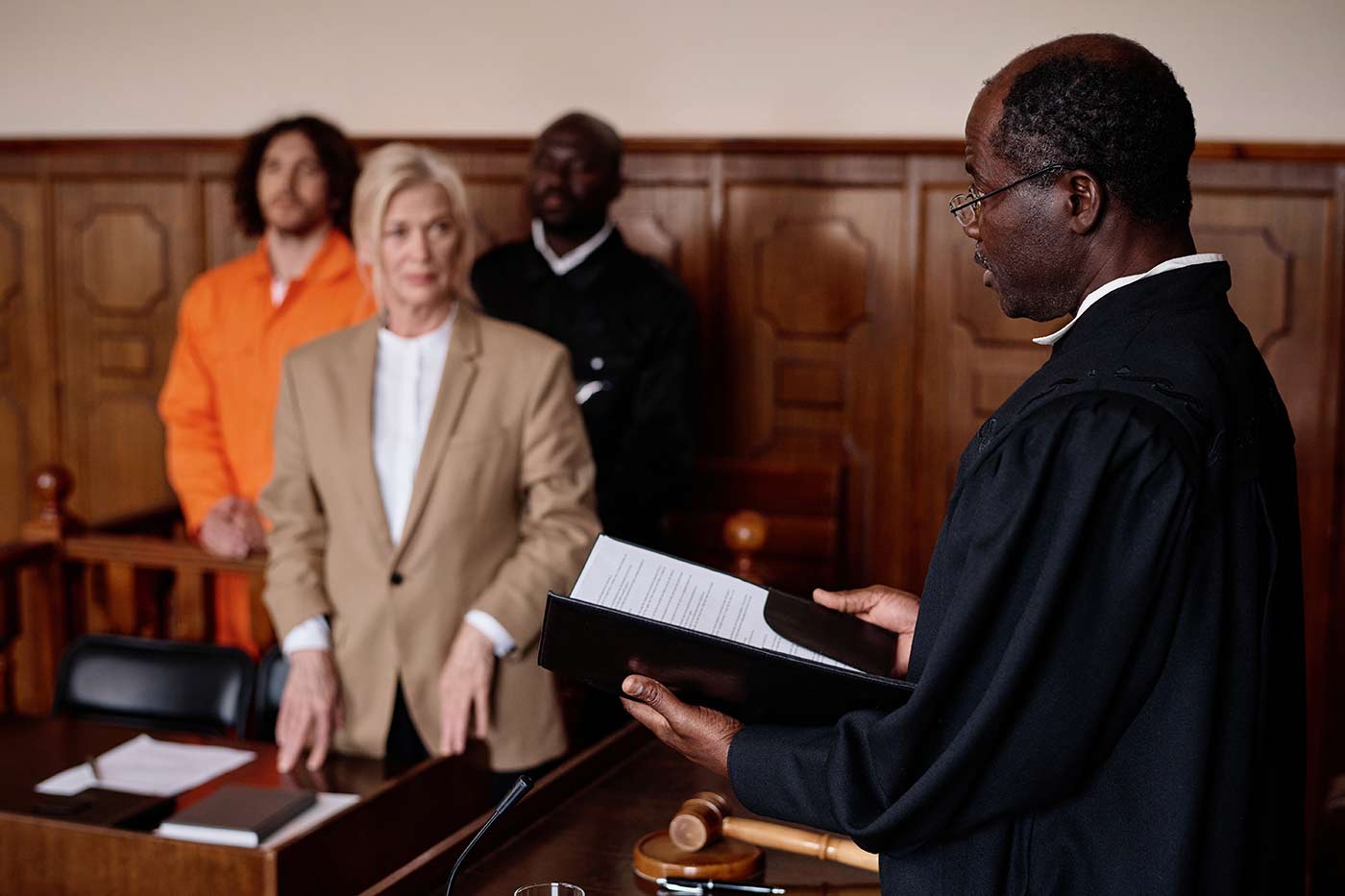The field of criminal defense places attorneys at the intersection of justice and advocacy, where the ethical principles they uphold play a pivotal role in safeguarding the rights of individuals accused of crimes. Balancing zealous representation with a commitment to justice requires defense attorneys to navigate a complex ethical landscape. Here, we explore the key aspects of legal ethics in criminal defense, emphasizing the delicate balance between advocacy for clients and the pursuit of justice.
1. Zealous Representation
Legal ethics demand that defense attorneys provide zealous representation for their clients. This means vigorously advocating for the client’s interests, challenging evidence, and presenting compelling legal arguments. The duty to zealously represent extends to exploring every available legal remedy and ensuring the client’s rights are upheld throughout the legal process.
2. Presumption of Innocence
Upholding the presumption of innocence is a fundamental ethical principle in criminal defense. Defense attorneys must treat their clients as if they are innocent until proven guilty. This commitment requires attorneys to challenge the prosecution’s case and insist on the principle that the burden of proof rests squarely on the prosecution.
3. Confidentiality and Attorney-Client Privilege
The cornerstone of trust in the attorney-client relationship is confidentiality. Legal ethics dictate that defense attorneys must maintain the confidentiality of client communications and protect information shared by clients. The preservation of attorney-client privilege fosters an environment where clients can communicate openly with their legal representatives.
4. Avoiding Conflicts of Interest
Defense attorneys must navigate potential conflicts of interest with utmost care. This involves refraining from representing clients with conflicting interests and promptly disclosing any potential conflicts to clients. Ethical considerations necessitate a commitment to undivided loyalty to the client’s best interests.
5. Duty of Competence
Legal ethics in criminal defense include a duty of competence. Attorneys must possess the necessary legal knowledge and skill to handle the complexities of criminal cases. This obligation requires continuous learning and staying abreast of legal developments to provide effective representation.
6. Honesty and Candor with the Court
Ethical advocacy involves honesty and candor when interacting with the court. Defense attorneys must present arguments truthfully, submit evidence in a forthright manner, and engage in transparent communication. Misrepresentation is strictly prohibited, and maintaining the integrity of legal proceedings is paramount.
7. Fairness and Impartiality
While defense attorneys advocate vigorously for their clients, ethical considerations require fairness and impartiality. Engaging in unethical tactics or prejudicial conduct undermines the integrity of the legal process. Treating all parties with respect and ensuring an equitable legal environment is an ethical imperative.
8. Ethical Use of Evidence
Defense attorneys are bound by ethical standards in the use of evidence. This includes refraining from presenting false evidence or misleading the court. Upholding the integrity of the legal process requires ethical handling and presentation of evidence, even when facing challenging circumstances.
9. Communication and Informed Consent
Effective communication is an ethical duty for defense attorneys. This involves providing clear and accurate information about the legal process, potential outcomes, and the implications of various decisions. Informed consent ensures that clients understand the choices they make and actively participate in their defense.
10. Preservation of Client Dignity
Upholding the dignity of the client is a core ethical consideration. Defense attorneys should avoid actions or statements that demean or undermine the dignity of their clients, regardless of the nature of the charges. This commitment contributes to fostering trust and a positive attorney-client relationship.
11. Duty to Seek Justice
Beyond advocacy for individual clients, defense attorneys have a broader duty to seek justice. This includes promoting the fair administration of justice, upholding constitutional rights, and contributing to the integrity of the legal system. Ethical considerations extend to the impact of individual cases on the broader pursuit of justice.
12. Continuing Legal Education
Legal ethics demand a commitment to ongoing education. Defense attorneys engage in continuing legal education to stay informed about changes in the law, emerging ethical considerations, and evolving best practices in criminal defense. This commitment reflects a dedication to maintaining competence and ethical standards throughout their careers.
In the intricate dance between justice and advocacy, defense attorneys shoulder the responsibility of upholding ethical principles that transcend individual cases. Balancing zealous representation with a commitment to justice requires a nuanced understanding of the ethical considerations inherent in criminal defense. By navigating this delicate balance, defense attorneys play a crucial role in safeguarding individual rights, preserving the integrity of the legal system, and contributing to the pursuit of justice in society.




